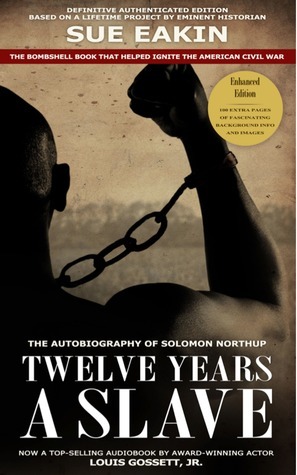
Key Insights & Memorable Quotes
Below are the most popular and impactful highlights and quotes from Turtles All the Way Down:
“Your now is not your forever.”
“We never really talked much or even looked at each other, but it didn't matter because we were looking at the same sky together, which is maybe even more intimate than eye contact anyway. I mean, anybody can look at you. It's quite rare to find someone who sees the same world you see.”
“You're both the fire and the water that extinguishes it. You're the narrator, the protagonist, and the sidekick. You're the storyteller and the story told. You are somebody's something, but you are also your you.”
“no one ever says good-bye unless they want to see you again. aa”
“True terror isn’t being scared; it’s not having a choice on the matter.”
“The worst part of being truly alone is you think about all the times you wished that everyone would just leave you be. Then they do, and you are left being, and you turn out to be terrible company.”
“The thing about a spiral is, if you follow it inward, it never actually ends. It just keeps tightening, infinitely.”
“You remember your first love because they show you, prove to you, that you can love and be loved, that nothing in this world is deserved except for love, that love is both how you become a person and why.”
“Actually, the problem is that I can’t lose my mind,” I said. “It’s inescapable.”
“The problem with happy endings is that they're either not really happy, or not really endings, you know? In real life, some things get better and some things get worse. And then eventually you die.”
“There is hope, even when your brain tells you there isn't.”
“I was beginning to learn that your life is a story told about you, not one that you tell.”
“What I love about science is that as you learn, you don't really get answers. You just get better questions.”
“To be alive is to be missing.”
“You are as real as anyone, and your doubts make you more real, not less.”
“I was so good at being a kid, and so terrible at being whatever I was now.”
“I is the hardest word to define.”
“It’s a weird phrase in English, in love, like it’s a sea you drown in or a town you live in. You don’t get to be in anything else—in friendship or in anger or in hope. All you can be in is love.”
“No, it's not, Holmesy. You pick your endings, and your beginnings. You get to pick the frame, you know? Maybe you don't choose what's in the picture, but you decide the frame.”
“One of the challenges with pain—physical or psychic—is that we can really only approach it through metaphor. It can’t be represented the way a table or a body can. In some ways pain is the opposite of language.”
“Spirals grow infinitely small the farther you follow them inward, but they also grow infinitely large the farther you follow them out.”
“In the best conversations, you don't even remember what you talked about, only how it felt. It felt like we were in some place your body can't visit, some place with no ceiling and no walls and no floor and no instruments”
“Our hearts were broken in the same places. That's something like love, but maybe not quite the thing itself.”
“Everyone wanted me to feed them that story—darkness to light, weakness to strength, broken to whole. I wanted it, too.”
“I wanted to tell her that I was getting better, because that was supposed to be the narrative of illness: It was a hurdle you jumped over, or a battle you won. Illness is a story told in the past tense.”
“If only I were as good at life as I am at the internet.”
“We always say we are beneath the stars. We aren't, of course—there is no up or down, and anyway the stars surround us. But we say we are beneath them, which is nice. So often English glorifies the human—we are whos, other animals are that—but English puts us beneath the stars, at least.”
“And we're such language-based creatures that to some extent we cannot know what we cannot name. And so we assume it isn't real. We refer to it with catch-all terms, like crazy or chronic pain, terms that both ostracise and minimise. The term chronic pain captures nothing of the grinding, constant, ceaseless, inescapable hurt. And the term crazy arrives at us with none of the terror and worry you live with.”
“Whether it hurts is kind of irrelevant.”
“Break hearts, not promises.”


